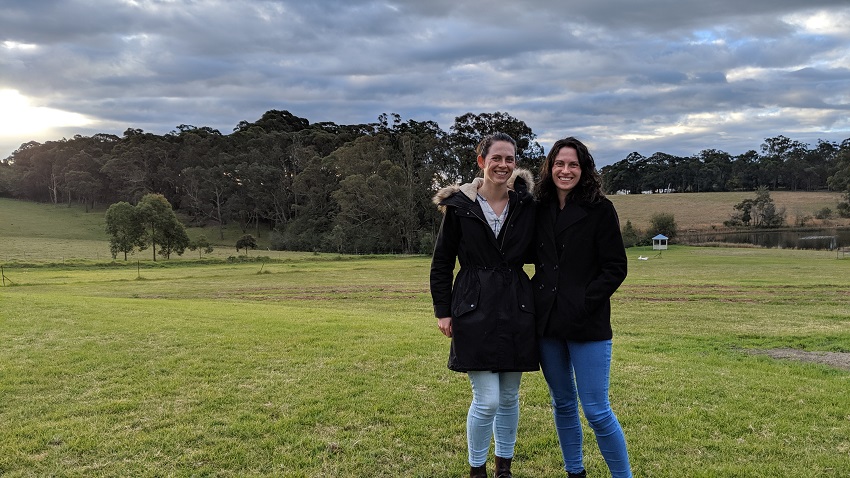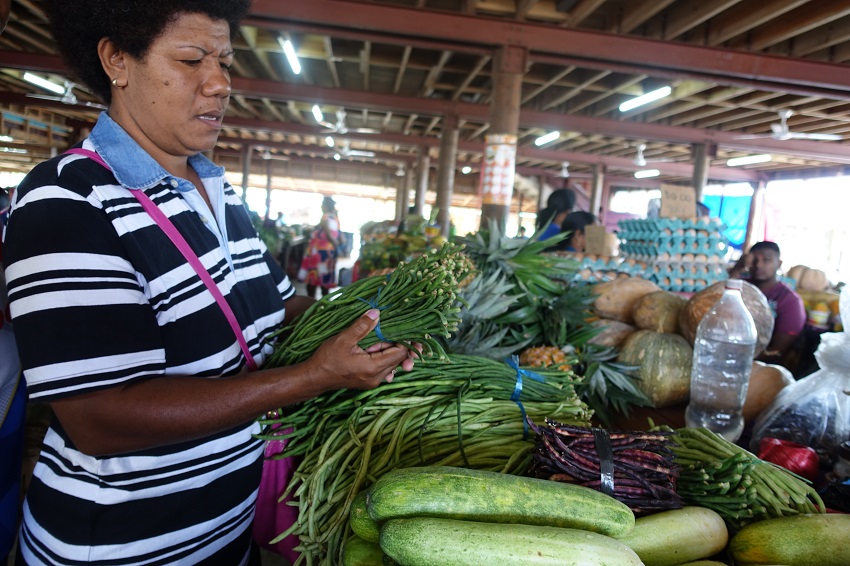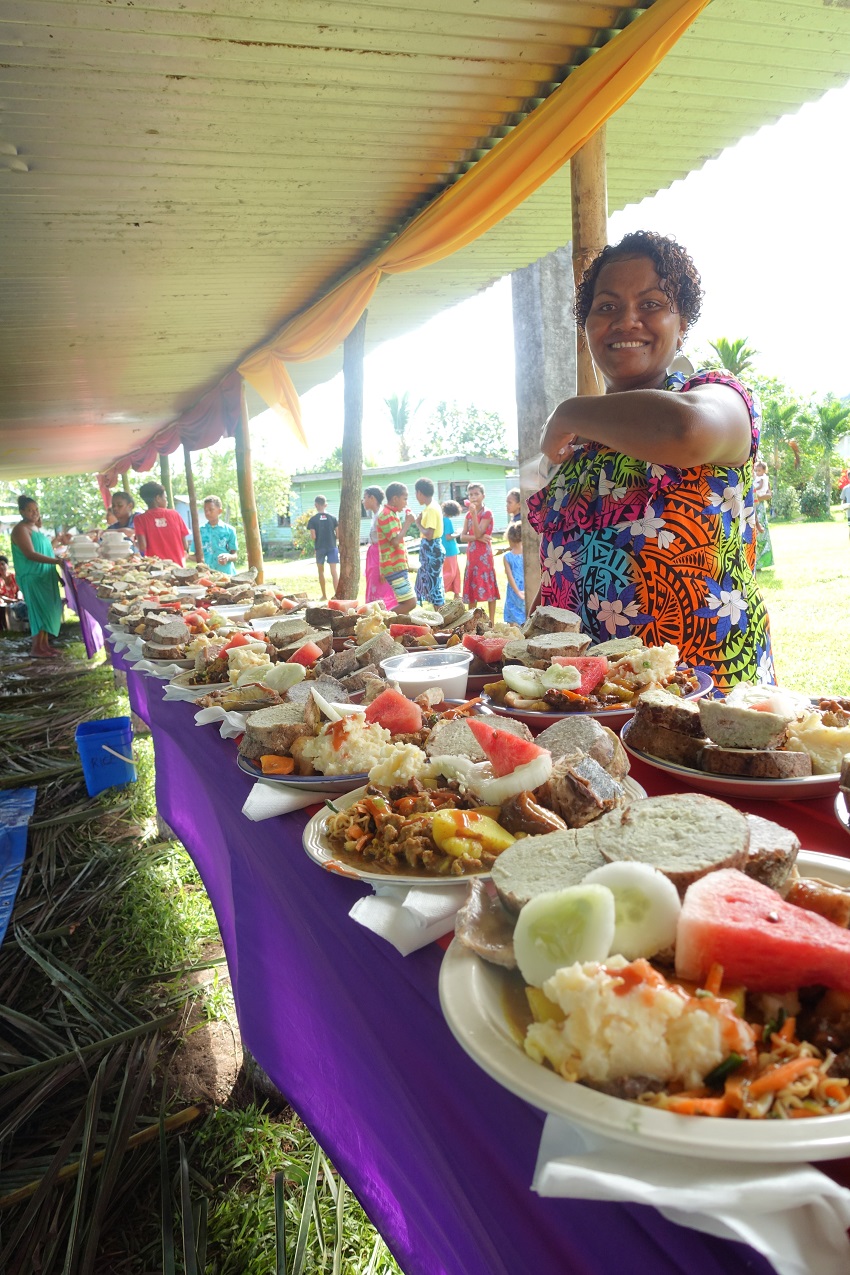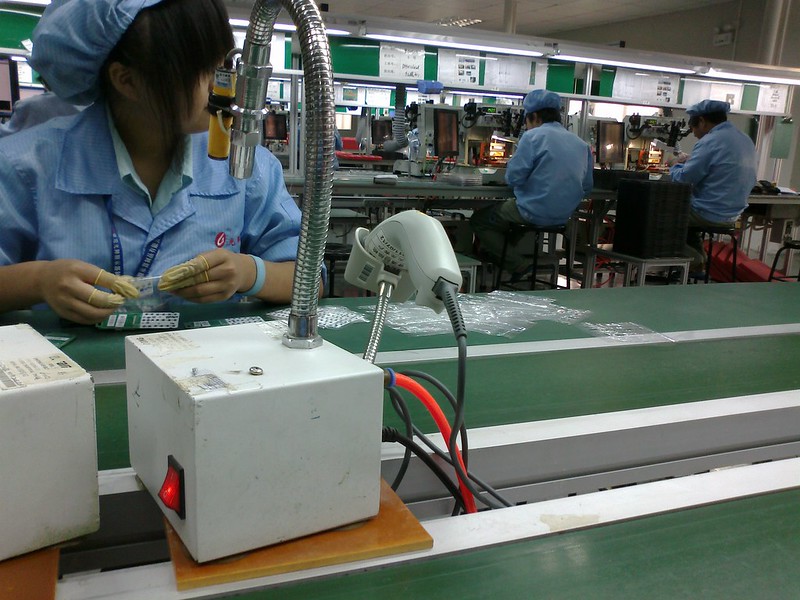Editor’s note: This piece was shared with Impakter by Lisa and Zoe Paisley the Founders of Aggie Global, a startup aiming to bring more sustainability in the food supply chain by connecting small farmers with big markets.
When you go on holiday to a developing country, you want to be experiencing as much of the culture as you can. You want to feel as though you are apart of the local community and the day to day life the locals live.
One of my favorite parts of any holiday is the food. Food brings us together with people and represents a country’s culture, so enjoying unique cuisine is a big part of a holiday. On average, for every dollar spent on a holiday, 30c will go towards food. This creates a huge demand for the tourism sector to be producing high-quality, authentic food.
Yet, developing countries struggle to source local food to support the rapid growth of the tourism sector. In Fiji for example, AUD $30m of fresh fruits and vegetables are imported every year by the tourism sector alone and yet 60% of the population works in agriculture. This current ecosystem is forcing farmers to waste produce because the hotels simply do not know what is available nearby.
These are some of the trends that we noticed when working in agricultural development. Despite being trained as researchers and consultants, we saw that the leading cause of poverty and food insecurity in developing countries was a lack of market access for smallholder farmers. Farmers knew how to grow crops, however, the uncertainty of what price to sell their crops and where to sell produce, were the key barriers preventing agricultural development.

On the other side of the picture, procurement officers and chefs working in the tourism industry did not know what food was being grown locally. As a result, it was easier to go to importers who could guarantee a consistent supply of fruits and vegetables, rather than engaging with the local community.
All of this kept coming back to communication across the food supply chain and a lack of information sharing between parties.
As a result, Aggie Global was born. Aggie Global connects small farmers to big markets, in developing countries. The e-commerce platform allows buyers to understand the seasonality of local food and enables chefs to plan their menu months in advance, based on crop seasonality. By doing this, we have reduced the time to find local produce from months, down to mere minutes, saving hotels both time and money.

On the other side, farmers can market their products online. This has helped farmers reach a larger audience and tell their story to potential buyers. From this increased awareness, we have increased farmer income by 6x the national average! This has helped farmers generate a reliable income from the land, which supported their families and communities to lift themselves out of poverty.

This positive social impact is what Aggie Global is all about. With small changes like facilitating communication, we can address major global issues such as poverty and food insecurity. By building a social business, Aggie Global can use its profits to grow and continue to create a creating a virtuous food supply chain in developing countries.
So next time you are visiting somewhere new, consider where your food has come from, because it may not be from where you think.
In the Cover Picture: Zoe Paisley Founder of Aggie Global checking some plants. Photo Credit: Aggie Global











